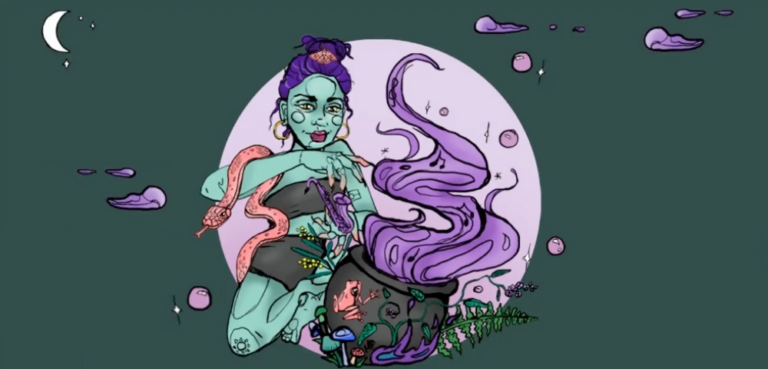
Norma’s Sapphonics
Norma is the archetypal opera queen’s opera. It’s got it all: love, death and some of the most sublime arias and duets ever written for the soprano voice. Add to that the fact that both Maria Callas and Joan Sutherland have made the role their own and it becomes the stuff of legend.
So how does the current Opera Australia production stand up against such history?
Musically it’s a knock-out. South African soprano Elizabeth Connell in the title role brings both dramatic and vocal flare to the arduous role.
As gay opera buff Wayne Koestenbaum has pointed out, the only way to make a role like Norma work is to produce the incredibly difficult vocal pyrotechnics in such a way that it all seems effortless. That’s the magic of the role. And Connell certainly delivers there. Her rendition of the famous Casta Diva aria is filled with lush vocal texture and dramatic feeling.
Norma is the high priestess of the Druids, who are pressing for war against the Roman occupiers of Gaul. Norma authoritatively claims the time is not right. But it is not just her prophetic gifts that lead her to this decision. She has secretly been having a relationship with Pollione, the captain of the Roman army of occupation. Clearly she is torn by love and duty to her people. But the heart of the opera is not really this classic heterosexual love story.
Musically and dramatically the opera hinges on the relationship between two women: Norma and one of her temple virgins, Adalgisa, who as it turns out is also in love with Pollione. But instead of this turning into a competitive vengeance narrative -“ although it constantly verges towards this -“ Bellini gives us what might be called a proto-feminist story of mutual support.
Adalgisa renounces Pollione and urges his return to Norma, pledging undying love not for the captain but for Norma.
The musical centre of the opera is not Norma’s famous aria but the duets between Adalgisa and Norma. And here Connell is matched with the beautiful singing of local diva Fiona Janes. The duets demand two singers with absolute confidence in themselves because their performances must demonstrate the type of selfless giving that the two women sing about. If either one attempts to dominate, the subtle musical structure falls apart. Janes and Connell complement each other beautifully.
In Mira O Norma the pair sing to each other a passionate declaration of mutual love. They sing:
Yes, you will have me as your companion/until your last hour./The world is large enough/to be a shelter to both of us together./With you I shall set my face/firmly against the shame which fate may bring/as long as I feel your heart/beating on mine.
This beautiful duet reveals what critic P.J. Smith called a mutual emotionality and a homovocal desire between the two women, or what another critic termed Norma’s Sapphonics.
Although the singing in the current OA production is some of the best I’ve ever heard, other production values are unfortunately not of a very high standard. The staging is crammed and awkward and the costumes are a complete aesthetic disaster. Caught somewhere between pyjama party and sex party the black leatherette smocks/robes just end up looking naff. Director George Ogilvie demonstrates no sympathy for opera as a medium and should stick to film and television.
But do catch this opera before it closes. Connell remains in the title role for two more performances (10 and 14 July) after which Deborah Riedel completes the season.
Phone 9318 8200 for bookings.









